The TRC “Donbas-online” TV channel began operating in Sievierodonetsk, Luhansk region, in March 2021. Alina Kravchenko joined the team in July and became attached to her work on camera with a microphone. But on February 24, 2022, the channel stopped broadcasting, and Alina had to evacuate. She later told her evacuation story and discussed her new professional phase with the National Union of Journalists of Ukraine.
On her husband’s birthday, they listened to Putin’s address.
– I remember more than just February 24, as the shelling in our area, Luhansk region, began as early as the 17th, if I’m not mistaken. The first shell hit a kindergarten in Stanytsia Luhanska. From that moment on, we understood that there would be a ‘continuation’, – Alina recalls.
The tension escalated so much that on February 22, when Alina’s husband was celebrating his birthday, instead of greetings, everyone was listening to… Putin.
– His speech was about recognizing the so-called ‘L/DPR’ [Luhansk People`s Republic and Donetsk People`s Republic]. From that moment, we understood that it would be extremely unsettled, – Alina explains.
The news about the start of the so-called “special operation” didn’t shake the journalist. The unexpected part was the scale of the invasion.
– Luhansk region, Donetsk region… We’ve all become accustomed to the war being close. For eight years, all our news started with announcements from the General Staff about the situation on the frontline. We were mentally prepared for this, but we didn’t expect everything to be on such a scale, – she says.
Alina’s calmness was aided by the experience of living through the occupation gained in 2014. At the beginning of the full-scale invasion, there was a sense of déjà vu, and she wanted to believe that everything would end in 2-3 weeks, as it did eight years ago. The occupiers were even targeting the same objects as in 2014.
– On our central city street, important facilities are located: a TV tower, 500 meters away – a hospital, another 500 meters away – the largest supermarket in the city. Every day we understood that this stretch would be a ‘hit zone’. If today they hit the tower, then tomorrow we can expect a hit in the hospital, and the day after tomorrow – in the supermarket, – the TV journalist recounts.
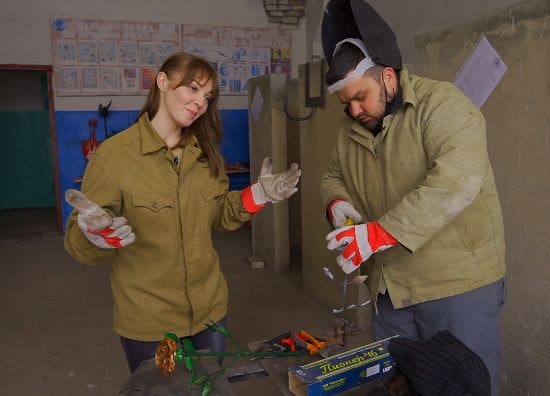
A survey in the Basement
During the invasion, Alina and her neighbors sought refuge from shelling in a basement. However, they didn’t stay long as it was just a regular basement, cold and damp, not suitable for protection.
In that shelter, people with different viewpoints would gather, sparking conversations that urged the journalist to analyze the situation.
– At one point, I decided to ask people about their education, – says Alina. – One woman said, ‘I completed 9 grades of school,’ another said, ‘I attended vocational school.’ And there were many more… I realized once again that people who consciously support the ‘Russian world’ are those who can’t let go of the Soviet Union or those who lack the ability to analyze. They are accustomed to someone else making decisions for them. These are the main victims of propaganda. For these people, it doesn’t matter whom they bow to or which country they live in. If it’s Ukraine, let it be Ukraine; if it’s Russia, let it be Russia. If Martians were to come, they’d worship Martians. How do we fight this? I don’t know what needs to happen to overcome it. It’s very sad and shameful to me that such people remain in Luhansk. Unfortunately, there are still many of them, – sighs Alina Kravchenko.
“Oh God, where have we come to?! From one hell to another?!”
Due to the lack of consistent communication in Sievierodonetsk, rumors spread about Ukrainian defenders retreating and Russian occupiers taking over. These rumors were dispelled every time Alina approached the window upon hearing the sound of military vehicles. Seeing Ukrainian soldiers with their flags outside the window was the most comforting sight.
– When I saw our soldiers with Ukrainian flags, I felt like a little child: I stood and waved to them. It was very heartwarming and added to the feeling of being protected, – recalls the journalist.
However, by the end of March, when the shelling in the city persisted day after day, they had to evacuate.
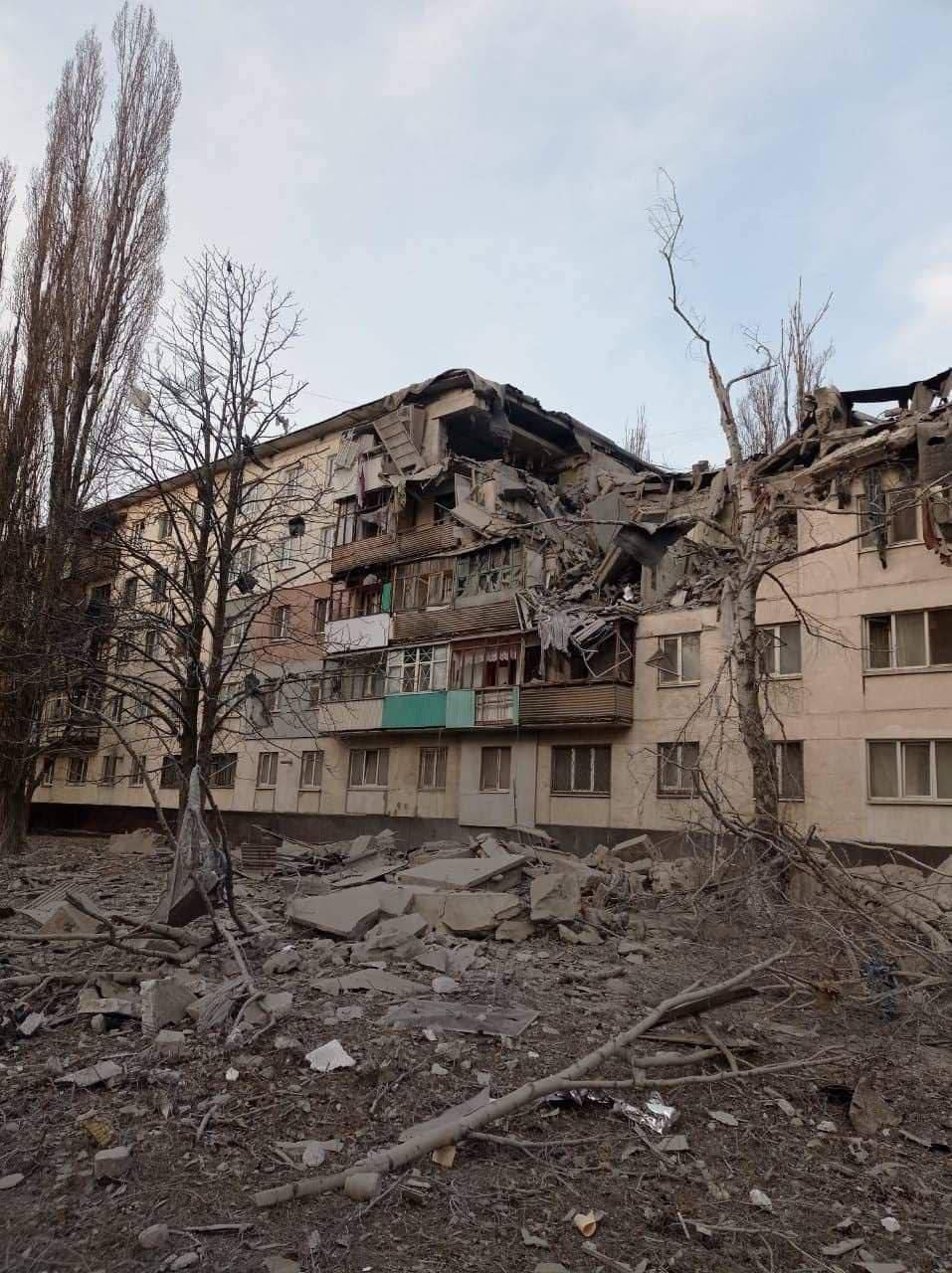
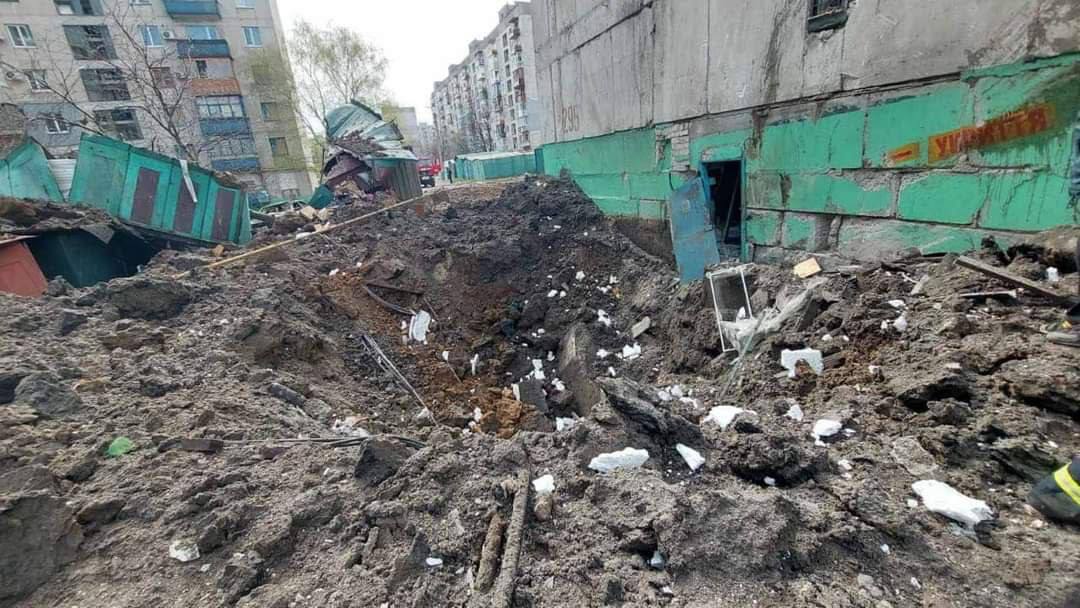
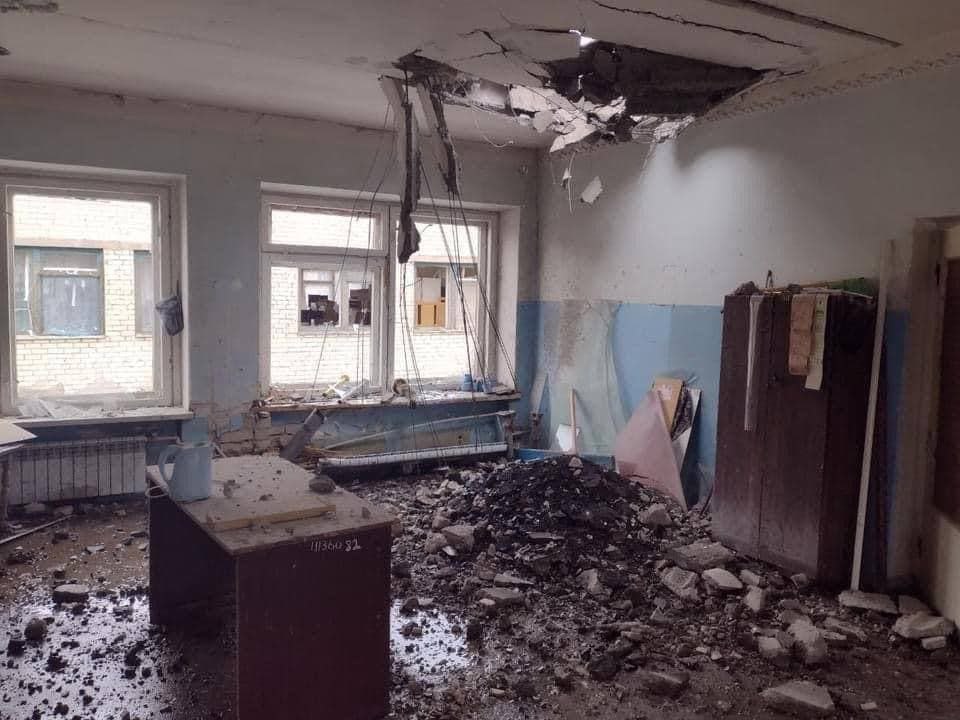
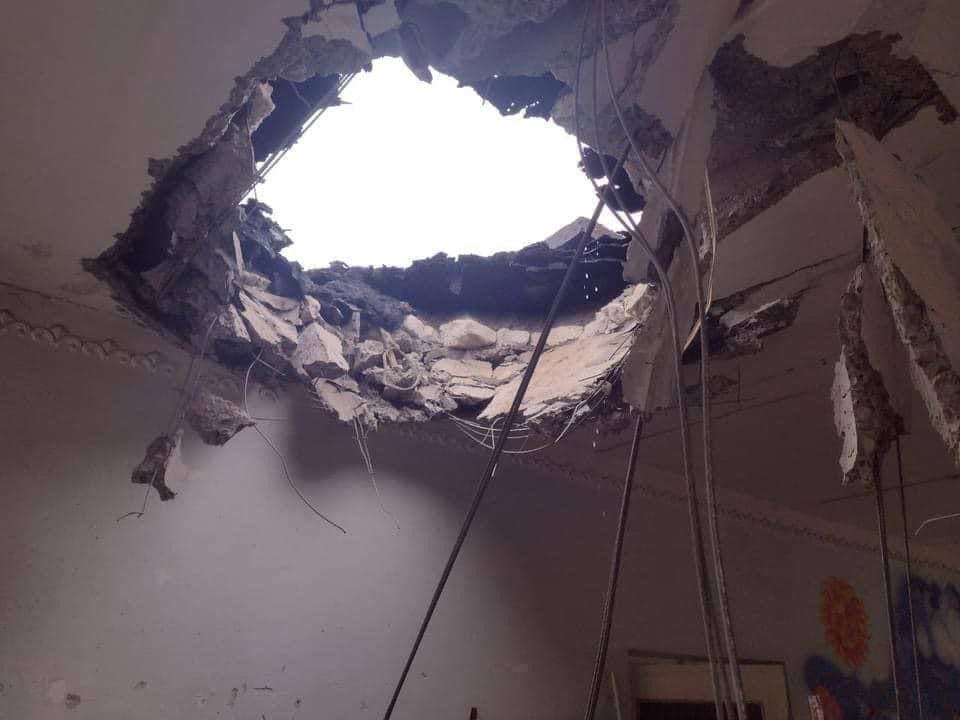
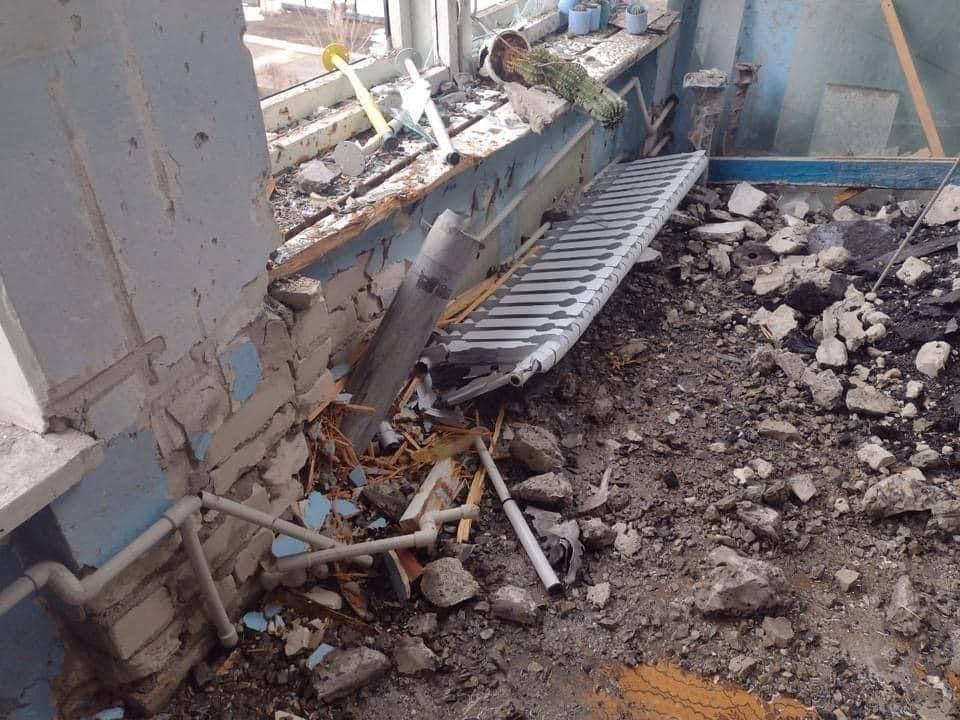
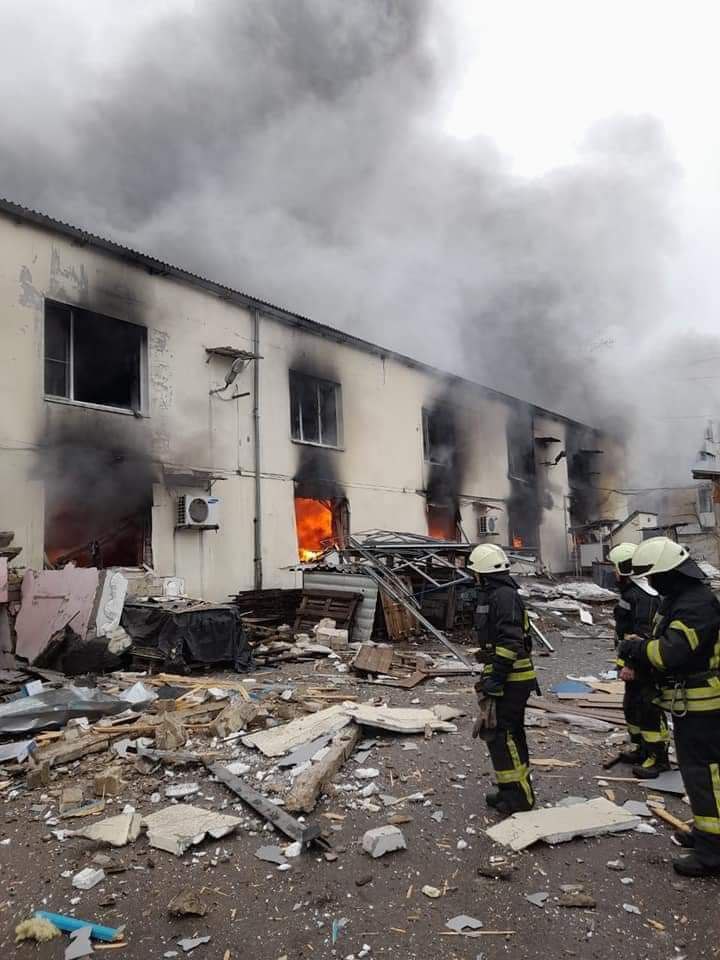
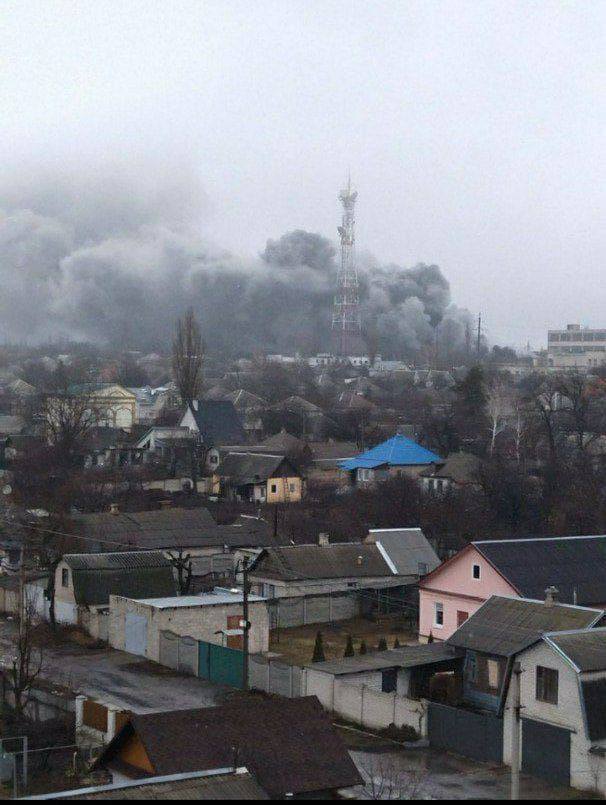
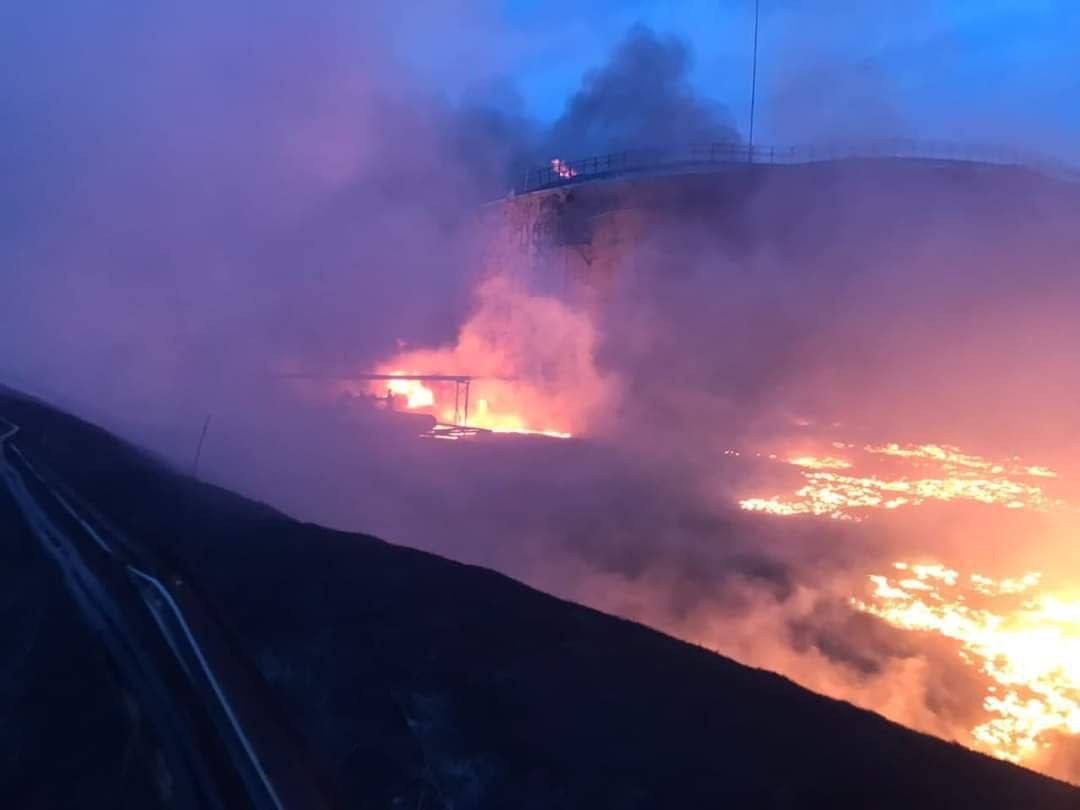
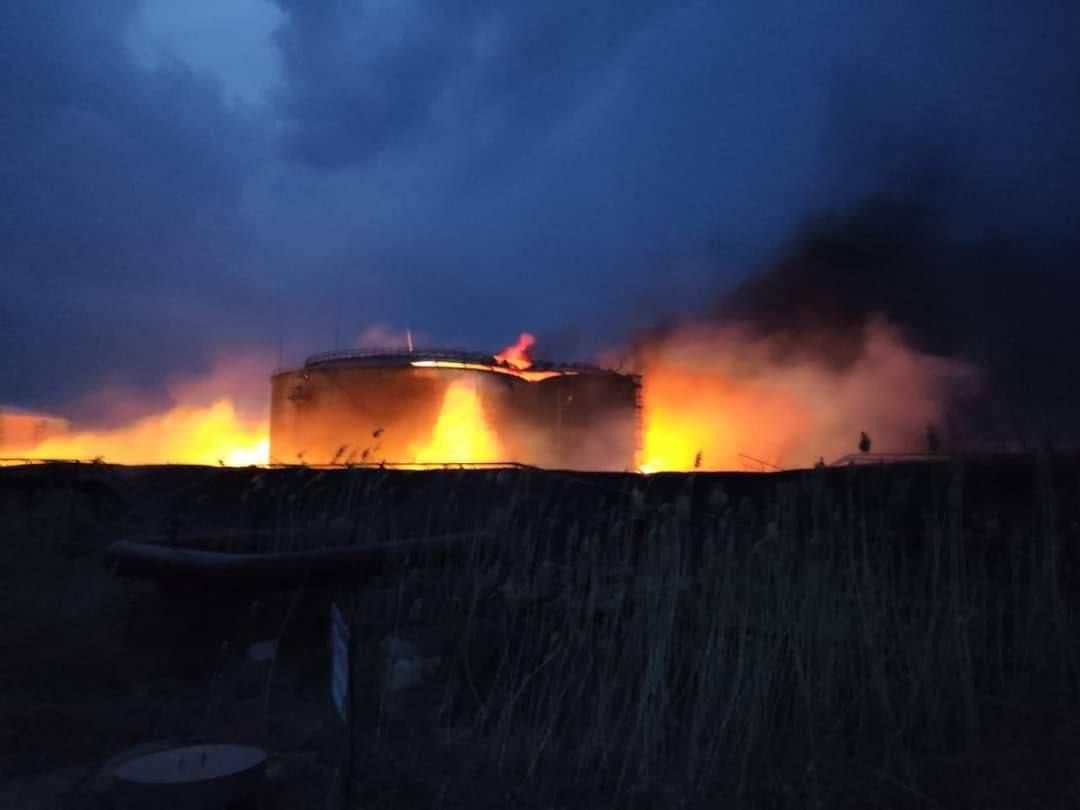
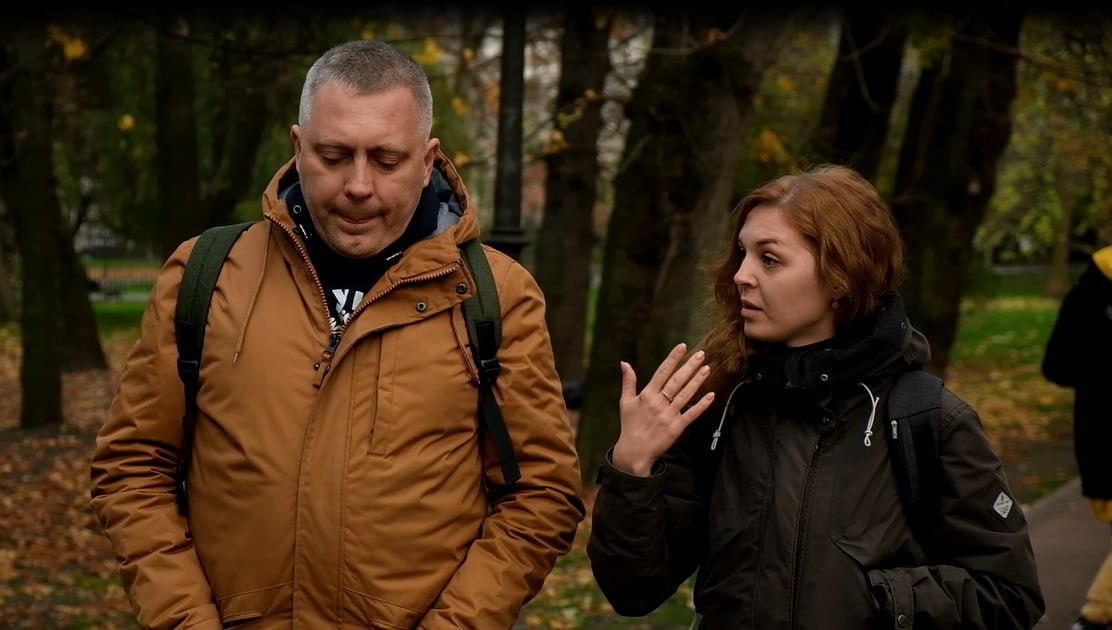
– Shooting began against people standing in lines for humanitarian aid in those early days of the full-scale invasion. We tried to go to the market to buy some food, but a “Tochka-U” missile hit a private house near the market. It was terrifying, – our interlocutor recounts.
After this incident, Alina and her husband decided to leave their hometown of Sievierodonetsk. However, on the day of departure, a private carrier deceived them—there was no promised seat on the bus. They had to wait for five hours in the cold to finally get onto an evacuation vehicle provided by the Luhansk Regional State Administration.
Nearly a day on the road. Finally—Ivano-Frankivsk. And yet another scare. But now Alina recalls that day with a smile.
– Ivano-Frankivsk welcomed us with unfriendly rain, and planes were flying overhead—it was so frightening. I said, ‘Oh God, where have we come to?! From one hell to another?!’ Then they explained to us that those were our planes, that everything was okay…
On the Path to Independence
The TV channel Alina worked for went off the air on February 24. Since then, there have been no clear instructions about future work. Working in Ivano-Frankivsk was also challenging. However, Alina began to connect with local people, and along with these connections came opportunities for collaboration.
– In June, I started working as a freelancer for a local channel. I reported on news about my fellow townspeople who had settled their lives here. Later, I connected with colleagues who had scattered to different corners of Ukraine, and I started writing articles for websites about business relocation and displaced people. In October, at the invitation of Serhii Tomilenko, the head of the National Union of Journalists of Ukraine (NUJU), I started recording stories of journalists who were forced to leave their homes. This became another project for me as a freelancer, – the television journalist adds.
The realization of being an independent creative entity came during a trip to the Carpathian Mountains. That’s when Alina registered as a sole entrepreneur and started working for herself.
– We’re in a difficult situation now, but we should use it for self-improvement, – Alina asserts. – In the last six months, I’ve found positive aspects in this new routine. I can work at a convenient time for me and create my own work schedule. For example, it’s not a problem for me to work until midnight, but it’s crucial for me to sleep until ten in the morning.
…The war has changed every Ukrainian, but Alina wants to believe that we’ve all become more conscious and responsible. This especially applies to journalists, as their main task remains unchanged—to deliver truthful information to the people.
This series, titled Executed Free Speech, is created as part of a project Drawing Ukrainian And International Audience’s Attention To Serious Violations Of Human Rights And Crimes Against Journalists And Mass Media By The Russian Federation, which is performed by the National Union of Journalists of Ukraine, with support from the Swedish non-profit organization Civil Rights Defenders.
JOURNALISTS ARE IMPORTANT. Stories of Life and Work in Conditions of War is a cycle of materials prepared by the team of the NUJU with the support of the Swedish human rights organization Civil Rights Defenders.
#CRD

 THE NATIONAL UNION OF
JOURNALISTS OF UKRAINE
THE NATIONAL UNION OF
JOURNALISTS OF UKRAINE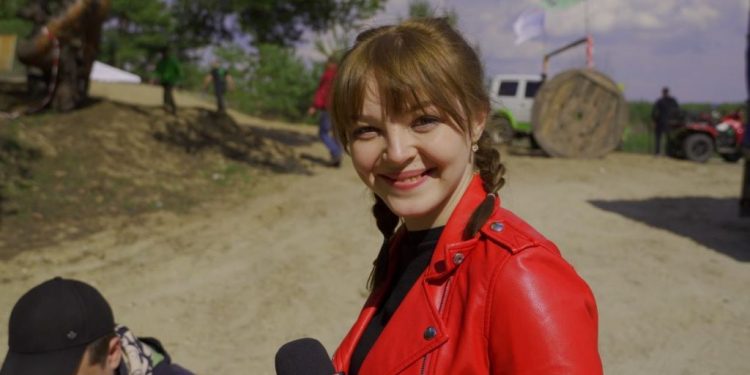
















Discussion about this post